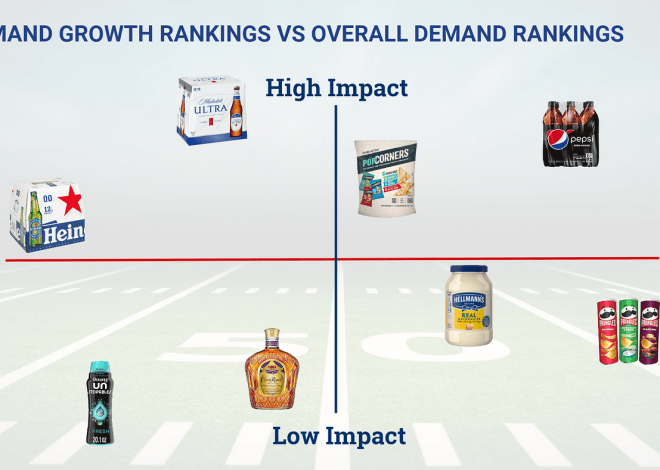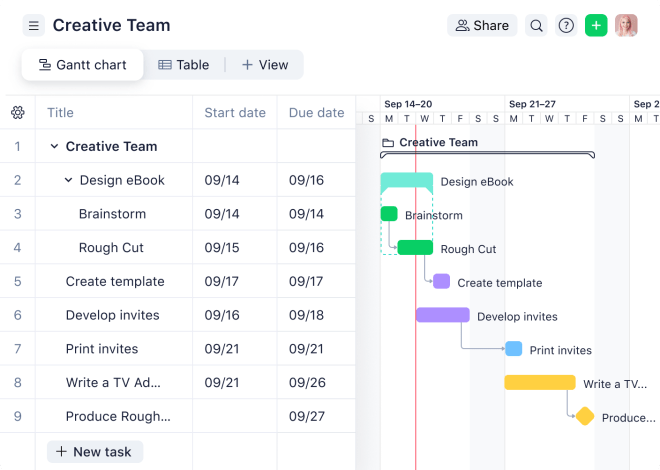Five Best Fashion Marketplaces for Private Label Brands
Launching a private label clothing brand is an exciting venture, brimming with potential. However, success hinges on strategic choices, and selecting the right marketplace is paramount. The right platform can significantly influence your brand’s visibility, sales, and overall growth. This article will explore five of the best fashion marketplaces ideally suited for private label brands, offering a detailed analysis to help you make an informed decision. Careful consideration of factors like target audience, brand aesthetic, and business goals will ensure a successful launch.
Understanding the Private Label Landscape
The private label clothing market is fiercely competitive. Consumers are increasingly discerning, demanding both quality and unique style. To stand out, your brand needs a strong online presence and a strategic approach to market selection. Choosing a marketplace that aligns with your brand’s identity and target demographic is crucial for success. Consider factors such as the platform’s fees, customer base demographics, and marketing tools available.
Key Factors to Consider When Choosing a Marketplace
- Target Audience Alignment: Does the marketplace’s user base align with your ideal customer profile?
- Platform Fees and Commission Structure: Understand the costs involved before committing.
- Marketing and Promotion Tools: What support does the marketplace provide for brand building?
- Customer Service and Support: How responsive and helpful is the platform’s customer service team?
- Shipping and Fulfillment Options: Does the marketplace offer integrated shipping solutions, or will you need to manage this yourself?
Top 5 Fashion Marketplaces for Private Label Brands
Now, let’s delve into five of the most promising marketplaces for private label clothing brands. Each platform offers unique advantages and caters to different niches. A careful comparison will illuminate the best fit for your specific needs and aspirations.
1. Amazon Handmade
Amazon Handmade provides a curated marketplace specifically for handcrafted and handmade items. While it might not be suitable for all private label brands, if your clothing incorporates unique design elements or artisanal techniques, Amazon Handmade offers access to a highly engaged audience that values craftsmanship. The platform’s established reputation and extensive customer base are significant advantages. However, competition can be fierce, requiring a strong marketing strategy to stand out.
2. Etsy
Similar to Amazon Handmade, Etsy is a popular platform for independent sellers and artisans. It’s a great choice for brands that emphasize unique designs, sustainable practices, or a strong brand story. Etsy’s community-driven nature fosters a sense of connection between sellers and buyers, which can be beneficial for building brand loyalty. However, the platform’s focus on handcrafted and vintage items may not suit all private label clothing brands. Careful consideration of your brand’s aesthetic and target market is crucial before choosing Etsy.
3. Shopify
Shopify offers a highly customizable e-commerce platform that provides complete control over your brand’s online store. While not a marketplace in the traditional sense, Shopify allows you to build your own brand website and integrate with various sales channels, including social media platforms. This provides maximum flexibility and control, but it also requires more technical expertise and marketing investment. The ability to customize every aspect of your online presence makes Shopify a powerful tool for ambitious private label brands seeking complete autonomy.
4. ASOS Marketplace
ASOS Marketplace is a curated platform that connects independent designers and brands with ASOS’s vast customer base. This platform offers significant reach and exposure to a large, fashion-conscious audience. However, ASOS has stringent quality and design standards, requiring a high level of professionalism and adherence to their guidelines. Acceptance onto ASOS Marketplace is competitive, and the platform’s fees and commission structure should be carefully considered before applying.
5. Faire
Faire focuses on connecting independent brands with retailers. While not directly a consumer-facing platform, Faire can be a powerful tool for scaling your private label business. By establishing wholesale relationships through Faire, you can expand your reach and distribution network, significantly increasing your sales potential. However, it’s important to note that success on Faire requires a robust product catalog and a strong understanding of wholesale pricing and order fulfillment.
Choosing the Right Platform: A Strategic Approach
Selecting the optimal fashion marketplace for your private label clothing brand requires careful consideration of various factors. Your brand’s identity, target audience, budget, and long-term goals should all inform your decision. Each platform offers unique advantages and challenges; understanding these nuances is crucial for success. Thorough research and planning are essential for maximizing your chances of thriving in the competitive landscape of the fashion industry.
Remember to analyze the platform’s fees, marketing tools, customer support, and shipping options. It’s also important to consider the platform’s existing brand portfolio and whether your brand would be a good fit. Don’t rush into a decision. Take your time to thoroughly evaluate each option, and choose the platform that best aligns with your brand’s vision and objectives. A well-informed choice can significantly impact your brand’s journey and long-term success.
Consider experimenting with different marketplaces. You might find that a multi-platform strategy offers the best results. This allows you to reach a broader audience and diversify your revenue streams. However, managing multiple platforms requires careful planning and resource allocation. As you gain experience, you can refine your strategy and optimize your presence on each chosen platform.
Finally, remember that building a successful private label brand requires more than just choosing the right platform. Consistent effort in creating high-quality products, delivering excellent customer service, and implementing effective marketing strategies are all crucial components of sustained growth. The right marketplace can provide a strong foundation, but your dedication and hard work will ultimately determine your success.
By carefully considering the factors outlined in this article and conducting thorough research, you can confidently choose the best fashion marketplace to launch and grow your private label clothing brand. Remember, the right platform will not only boost your sales but also enhance your brand’s visibility and establish a loyal customer base. With the right strategy and dedication, your private label brand can achieve its full potential and thrive in the dynamic world of fashion.



